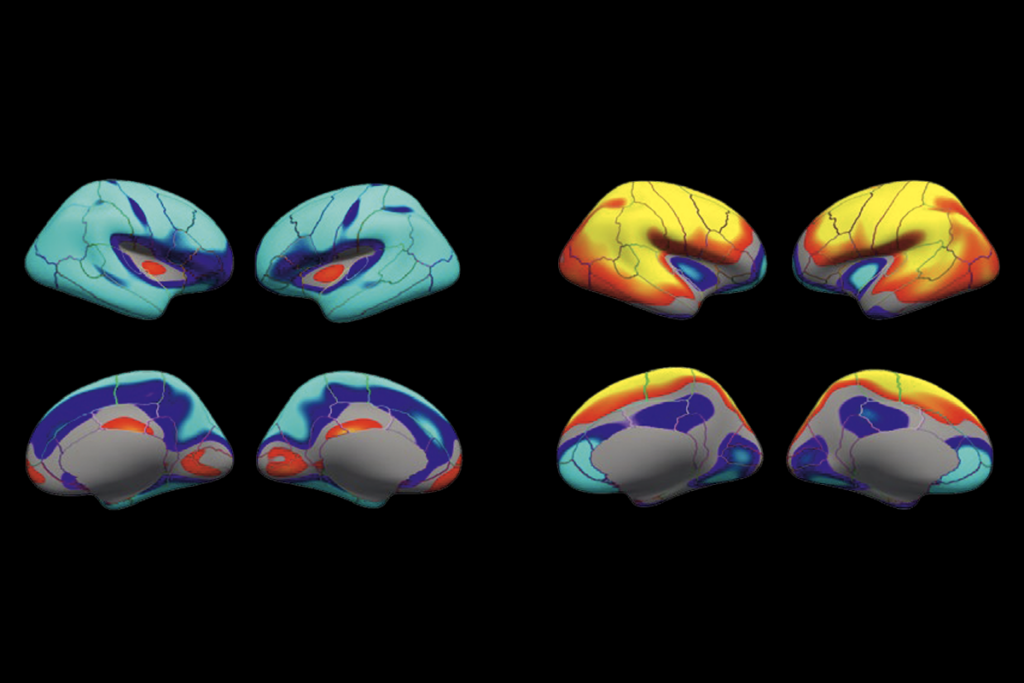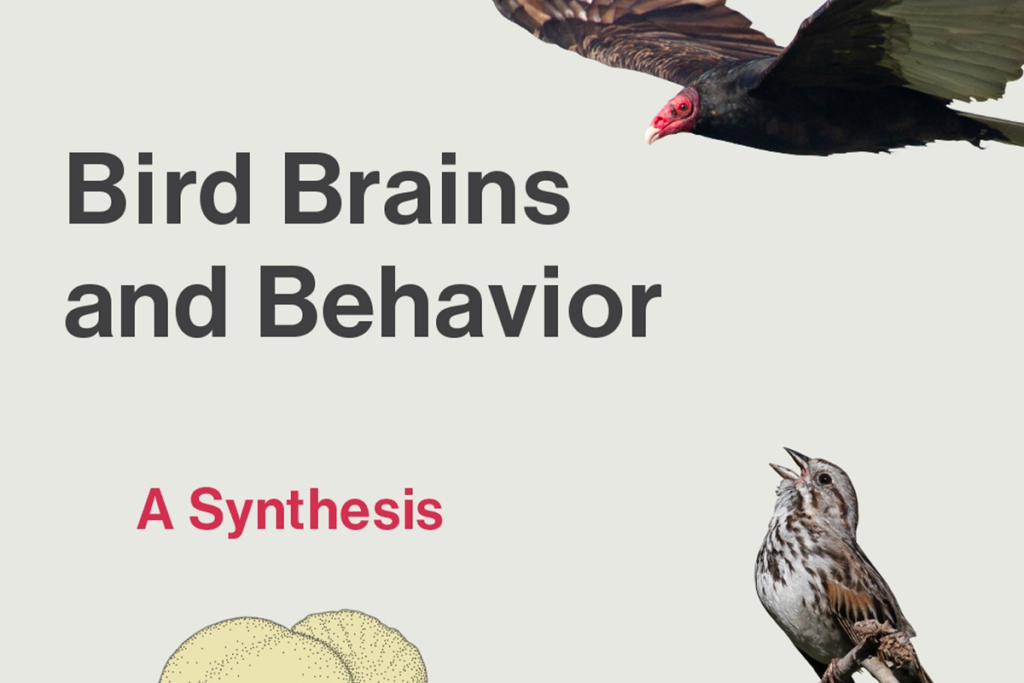Cognition and behavior: Gaze different in autism, Asperger’s
Teenagers with autism are less efficient at rapidly shifting their eye gaze — an indicator of motor ability — compared with either typically developing controls or adolescents with Asperger syndrome, according to a study published in November in Cerebellum.
Teenagers with autism are less efficient at rapidly shifting their eye gaze — an indicator of motor ability — compared with either typically developing controls or adolescents with Asperger syndrome, according to a study published in November in Cerebellum.
Individuals with autism and those with Asperger syndrome both have impairments in gait and motor ability, which are thought to be mediated through the cerebellum.
The researchers used language ability to differentiate eight teenagers with high-functioning autism — defined as those with an intelligent quotient higher than 80 — from nine teenagers with Asperger syndrome. The researchers quantified motor skills in these teenagers and in ten typically developing controls by tracking their ability to rapidly shift both eyes in response to a specific cue.
A rapid and automatic shift of eye gaze is called a saccade and relies on basic motor function. Although teenagers with autism shift their gaze as frequently as the other groups do, they show more variability in the time it takes them to initiate the saccades and complete them. They also show more variability in their final eye position.
By contrast, teenagers with Asperger syndrome and typically developing controls have similar and consistent saccades.
The study suggests that there may be fundamental differences in motor ability between individuals with autism and those with Asperger syndrome. However, the small sample size may mask variability in the group with Asperger syndrome, the researchers note.
Recommended reading

Contested paper on vaccines, autism in rats retracted by journal

Poor image quality introduces systematic bias into large neuroimaging datasets
Explore more from The Transmitter
Body state, sensory signals commingle in mouse whisker cortex

‘Bird Brains and Behavior,’ an excerpt

